Social Care Support: Responsibilities & Interpersonal Skills Analysis
VerifiedAdded on 2023/03/22
|7
|666
|98
Report
AI Summary
This report details the responsibilities and essential interpersonal skills for non-direct care workers in a social care setting. It emphasizes the importance of maintaining cleanliness and hygiene within the environment by maintenance staff, ensuring a safe and healthy space for patients. The role of office staff in managing patient records and administrative tasks is also highlighted, alongside the receptionist's duty in recording admission and visitor details. Furthermore, the report underscores the necessity of strong interpersonal skills, particularly verbal and non-verbal communication, for effective interaction within the social care environment. Efficient listening skills are crucial for meaningful conversations, while appropriate body language and gestures enhance communication, fostering a positive and supportive atmosphere. This document is available on Desklib, a platform providing study tools and resources for students.
1 out of 7
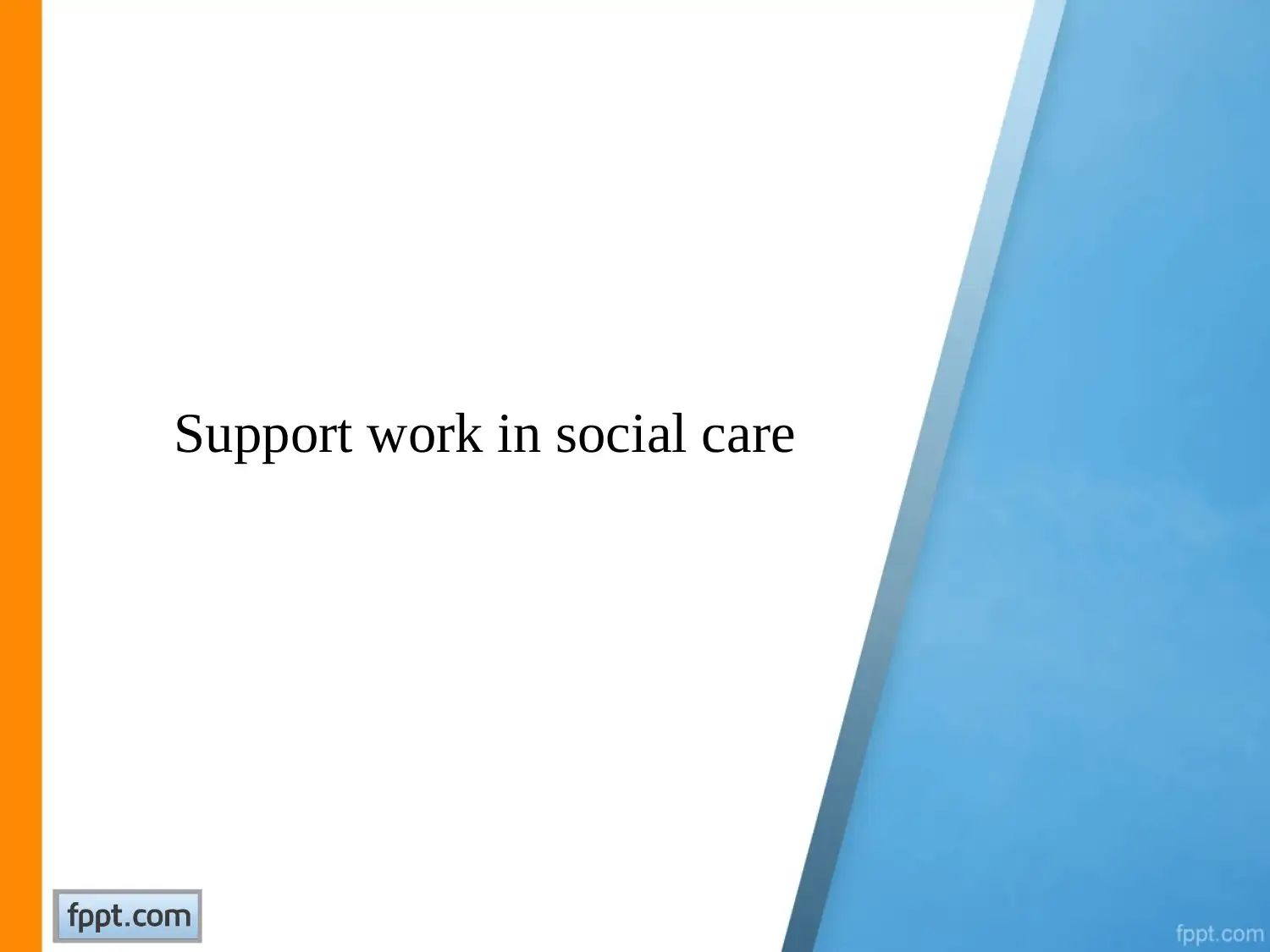
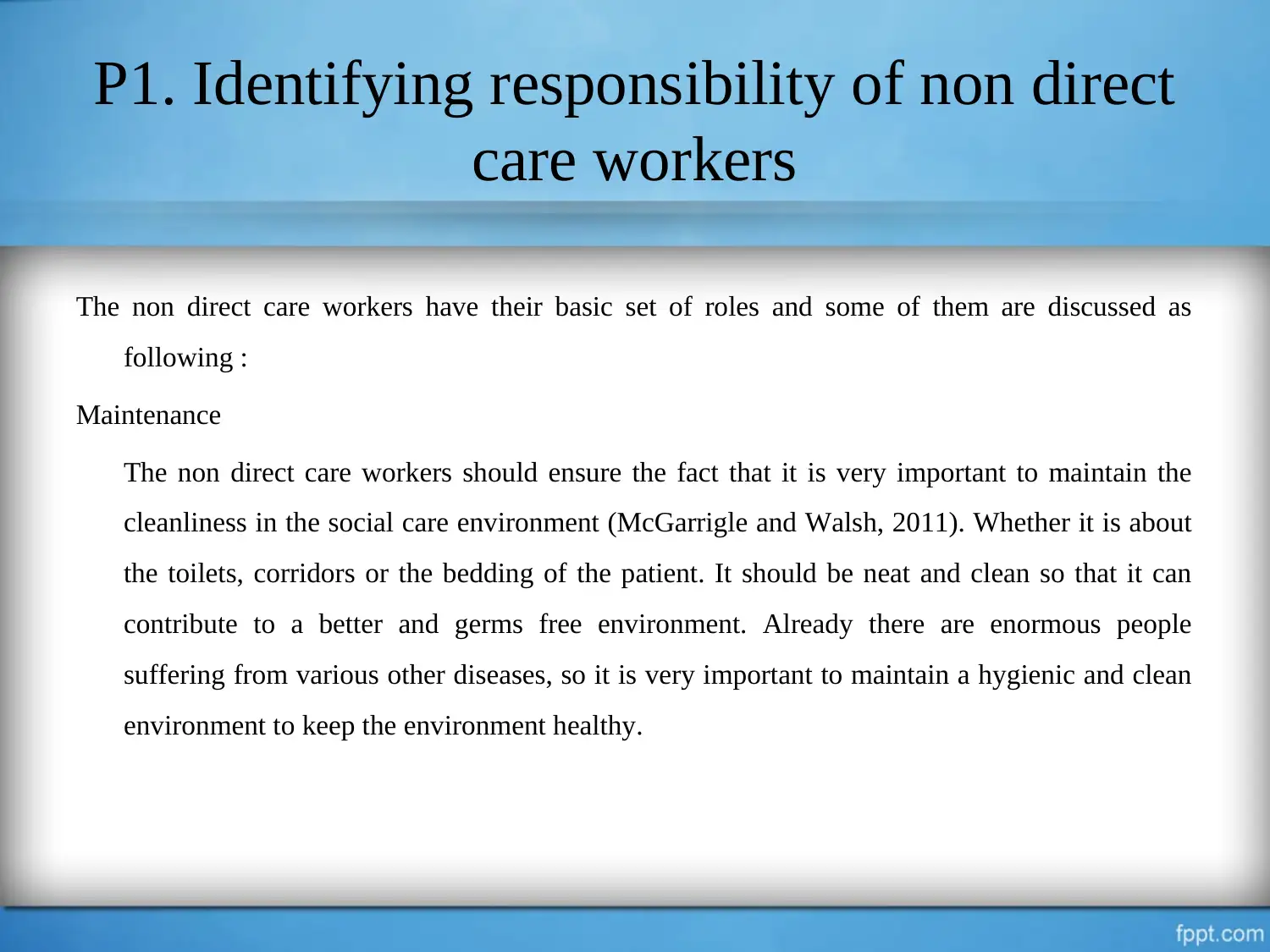
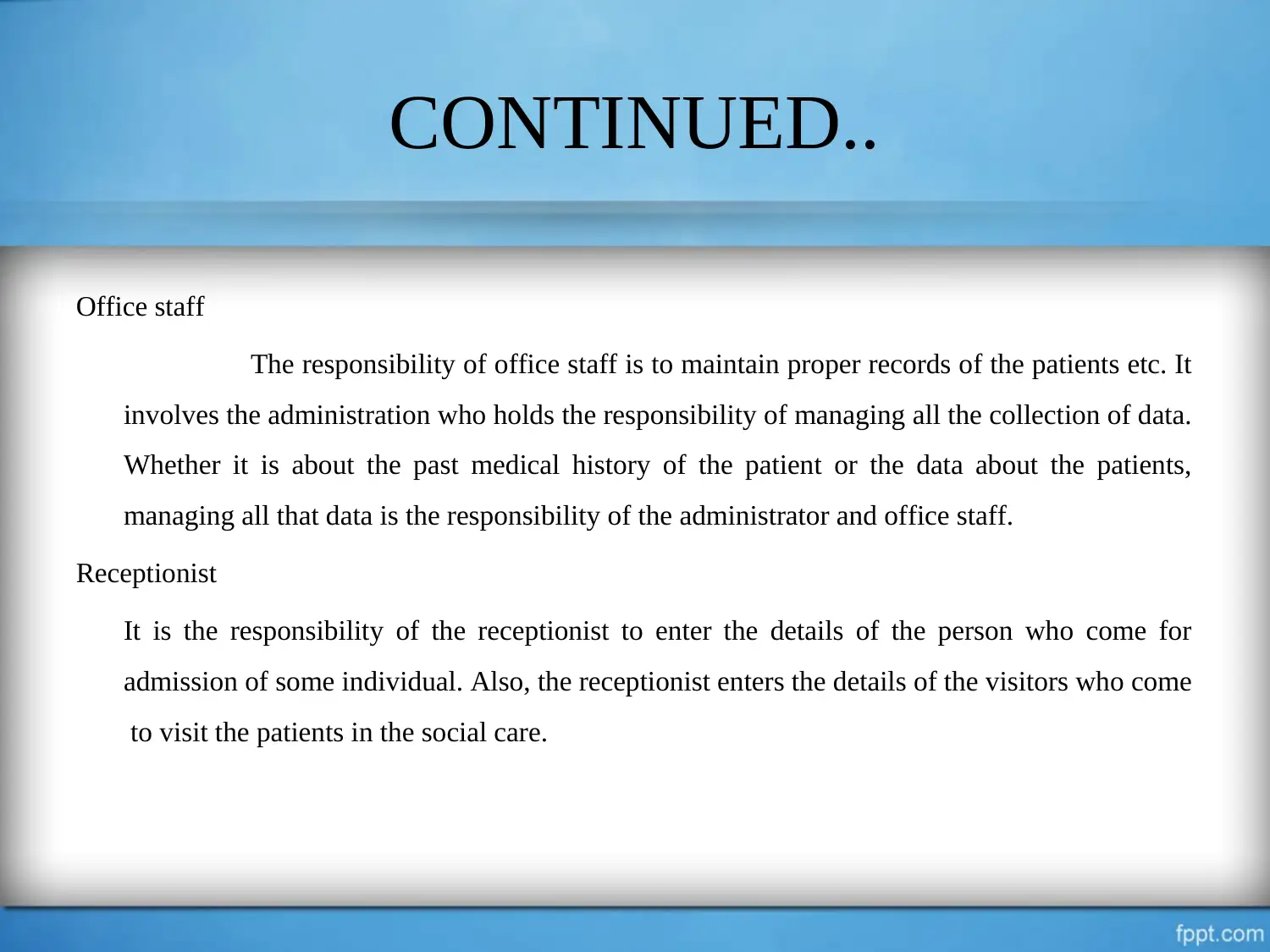

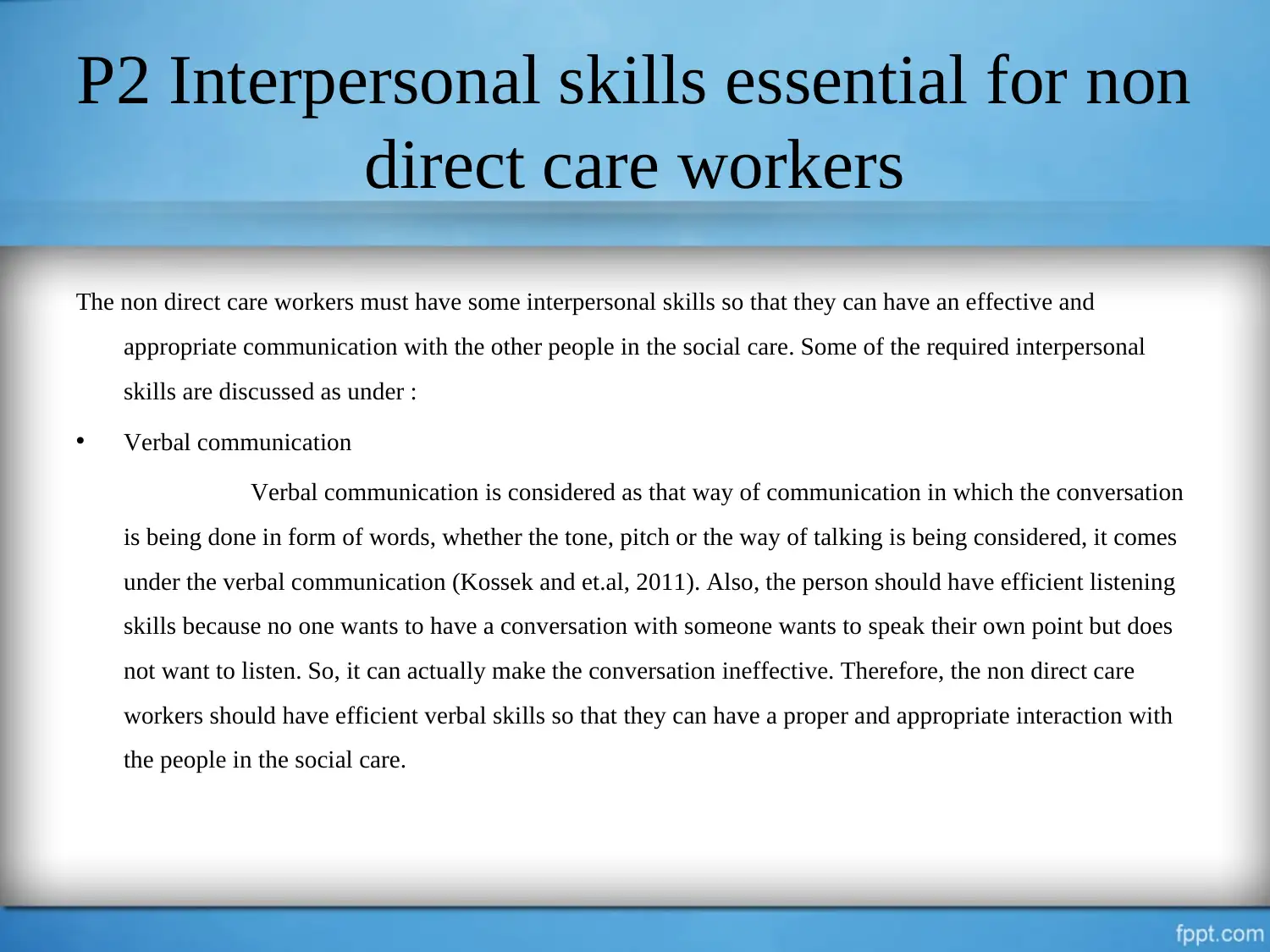
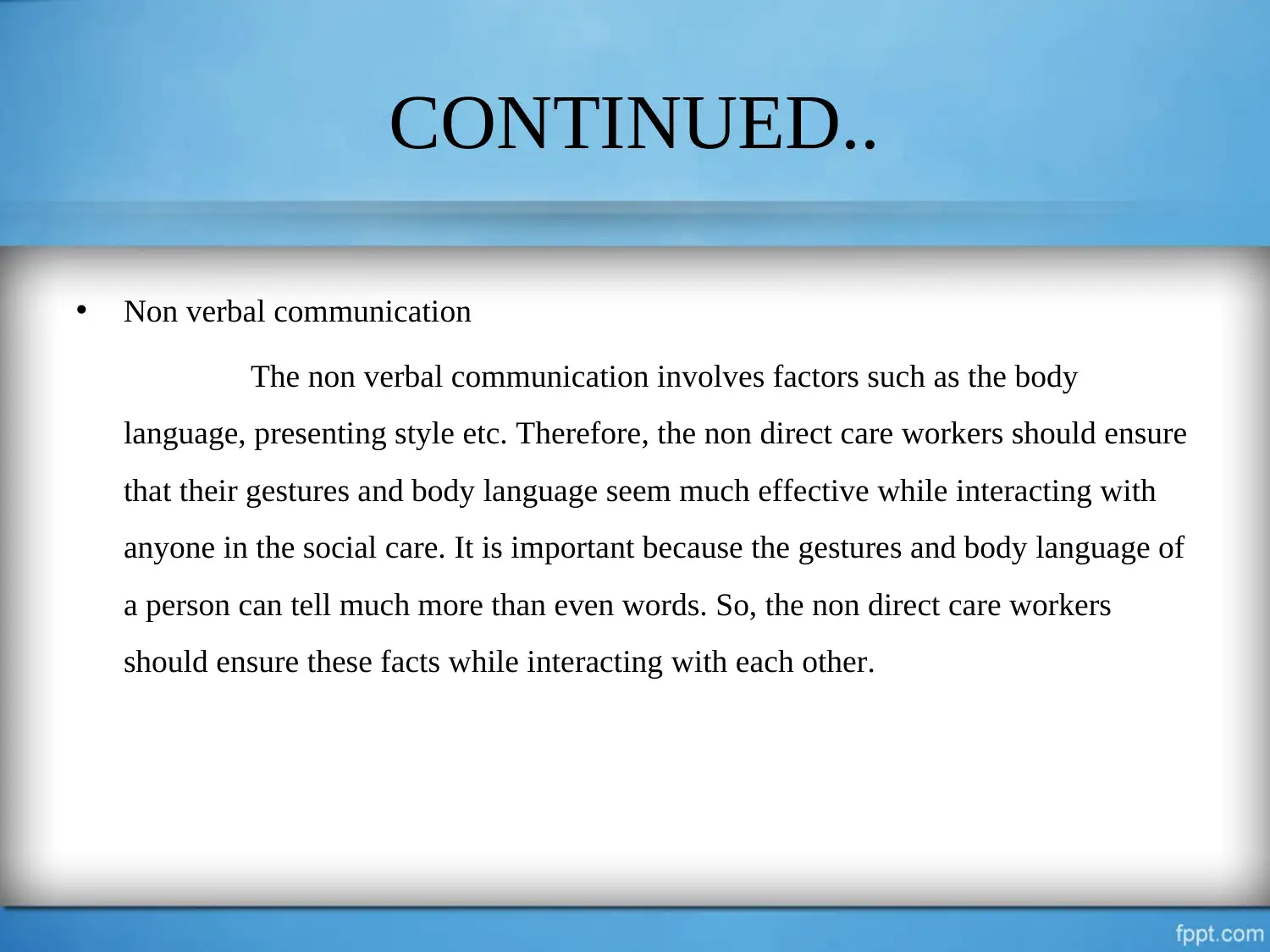
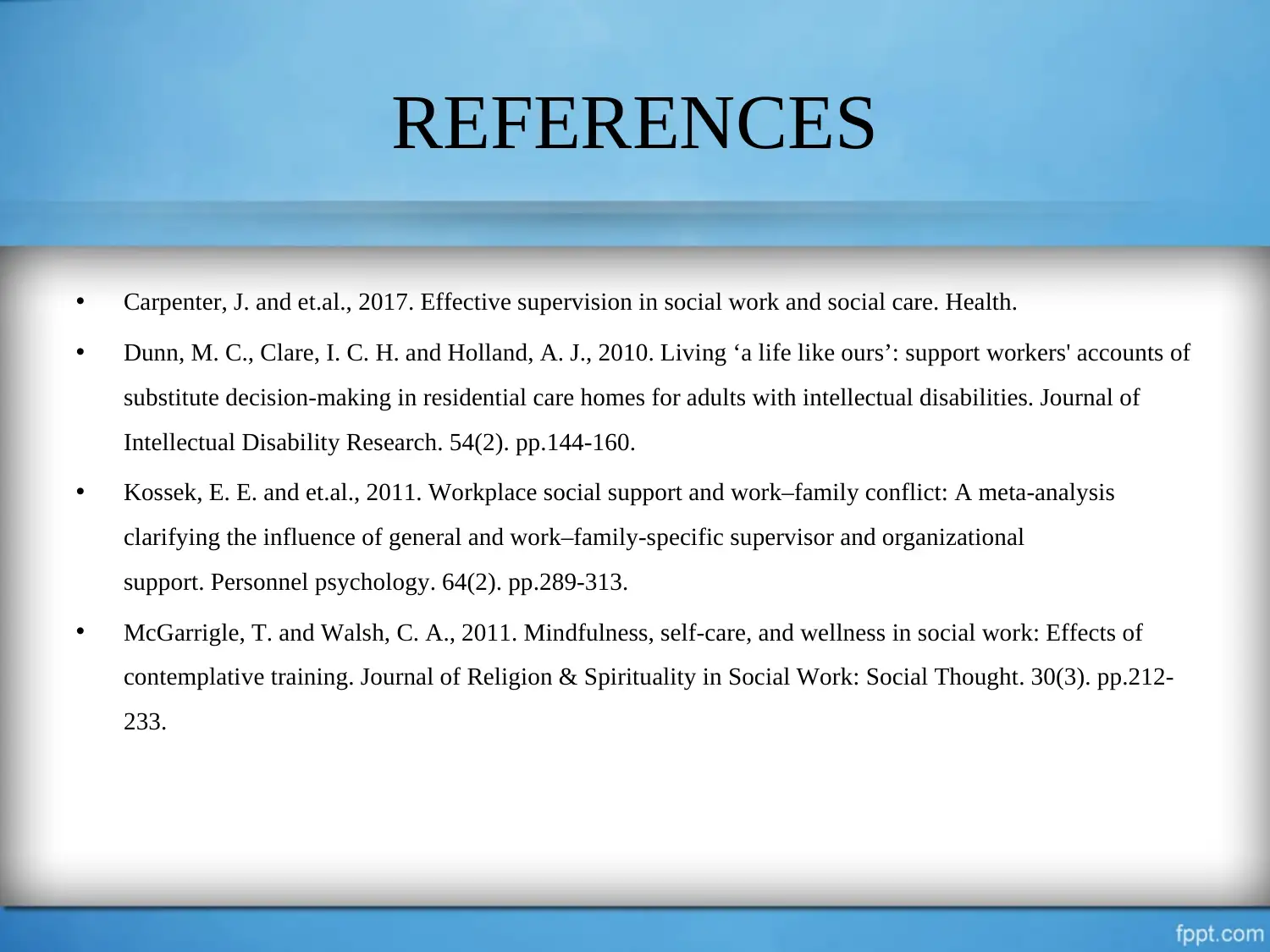







![[object Object]](/_next/static/media/star-bottom.7253800d.svg)